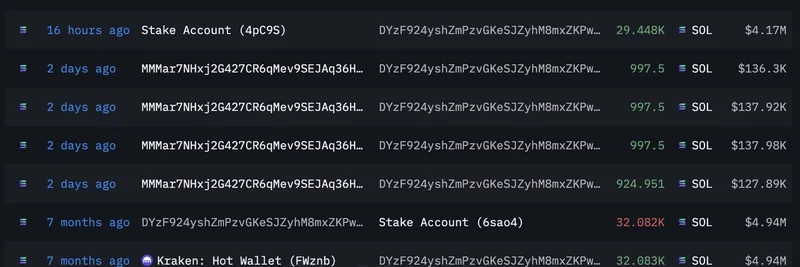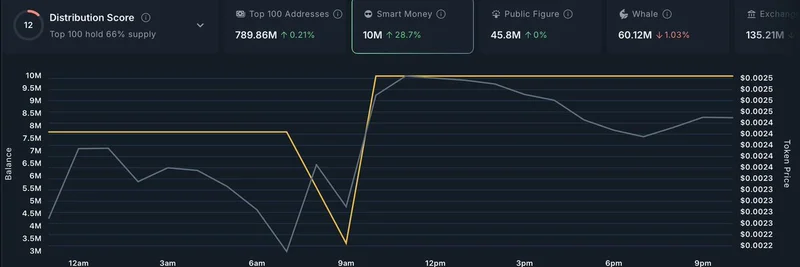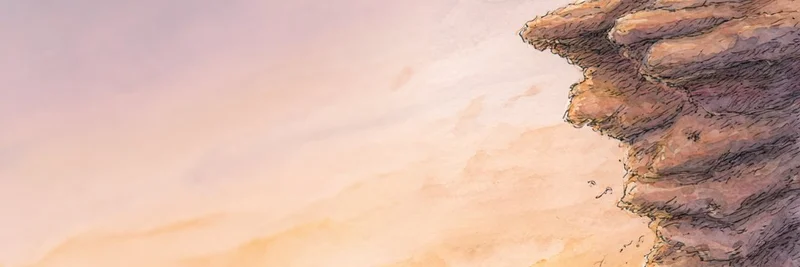Hey there, crypto enthusiasts! If you’ve been following the blockchain space, you’ve probably heard about Ethereum and its groundbreaking innovations. Recently, the official Ethereum account on X dropped a fascinating thread [https://x.com/ethereum/status/1948123365862187124] celebrating the 11th anniversary of the Ethereum Whitepaper. Released back in 2014 by Vitalik Buterin, this document laid the foundation for what we now know as a powerhouse in the crypto world. Let’s break it down and see why it’s still making waves!
The Birth of a Vision
The Ethereum Whitepaper started as a bold idea: a platform that goes beyond simple transactions like Bitcoin. It introduced the concept of smart contracts—self-executing agreements written in code—and decentralized autonomous organizations (DAOs), which are organizations run by code rather than traditional management. Imagine a company where the rules are set in stone (or rather, on the blockchain) and members vote on decisions collectively. That’s the magic of DAOs!
The thread kicks off with a nostalgic look at the Whitepaper, sharing its table of contents and highlighting how it envisioned a future of decentralized applications. Back then, it was just a dream, but today, it’s a reality that powers millions of interactions.
DAOs: From Concept to Everyday Use
One of the standout ideas from the Whitepaper was DAOs. The thread explains how these leaderless organizations, governed by code, have evolved. Initially a theoretical model, DAOs are now a big deal! According to the thread, they manage a whopping $21 billion in treasuries, with 11.8 million people holding governance tokens worldwide and 268,800 decisions made so far. Data from DeepDAO backs this up, showing how DAOs have become a cornerstone of the Ethereum ecosystem.
Think of DAOs as digital cooperatives. Projects like Uniswap and Lido Finance use them to let communities vote on upgrades and fees. Even Layer 2 solutions like Optimism and Arbitrum rely on DAOs to manage their infrastructure. It’s a shift from top-down control to community-driven governance—pretty cool, right?
Tools and Projects Powering DAOs
The thread also shines a light on the tools making DAOs possible. Platforms like Aragon, Tally, and DAOhaus provide the tech to launch and manage these organizations. They handle everything from voting to proposal management, making decentralized governance smoother.
On the funding side, projects like Gitcoin and Giveth use DAOs to support open-source software and climate initiatives. Meanwhile, NFT-based DAOs like Nouns DAO auction off unique NFTs daily to fund creative ideas. It’s a vibrant ecosystem where community passion drives progress!
What’s Next for Ethereum?
The thread ties back to an earlier call from Ethereum [https://x.com/ethereum/status/1947730272524636509], asking the community to share their “moonshot” ideas for the next decade. With DAOs already transforming finance and governance, the future looks exciting. Could we see DAOs managing entire cities or powering AI-driven projects? The possibilities are endless!
As someone at Meme Insider, I can’t help but wonder if meme tokens could find a home in this space. Imagine a DAO governed by holders of a meme coin like $DOGE or $SHIB—fun and functional at the same time! If you’ve got ideas, drop them in the comments or tag @Ethereum on X. Who knows, your vision might shape the next big thing!
Wrapping Up
The Ethereum Whitepaper’s 11-year journey from idea to implementation is a testament to the power of decentralized innovation. DAOs have gone from a concept on paper to a multi-billion-dollar reality, and the ecosystem keeps growing. Whether you’re a blockchain newbie or a seasoned pro, this thread is a great reminder of how far we’ve come—and how far we can go.
Stay tuned to meme-insider.com for more updates on meme tokens, blockchain tech, and the latest crypto trends. Got questions or wild ideas? Let’s chat below!




